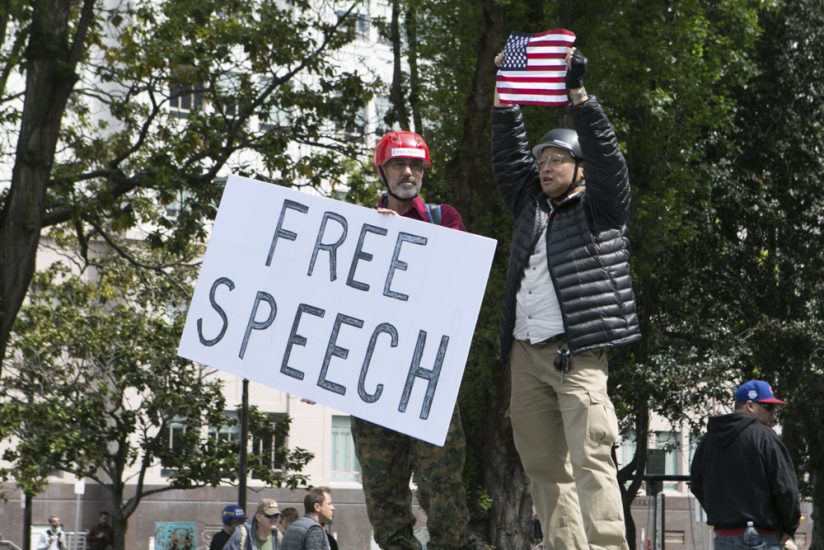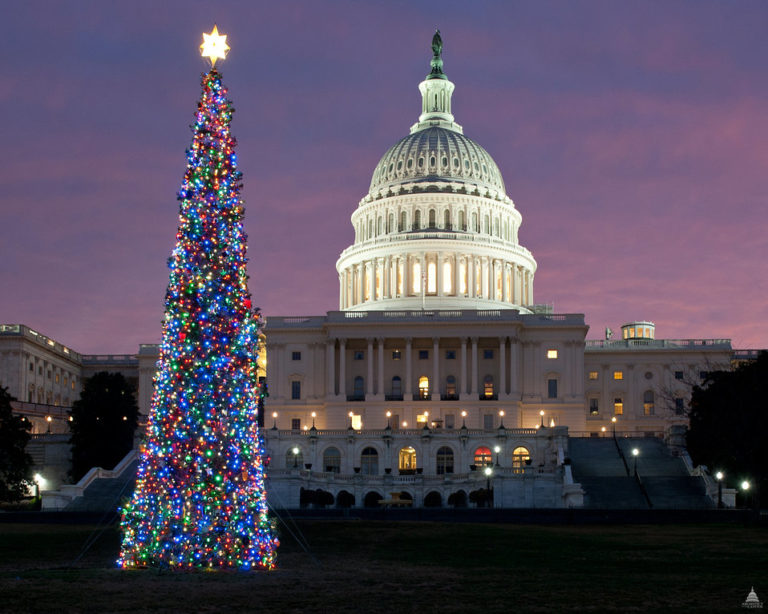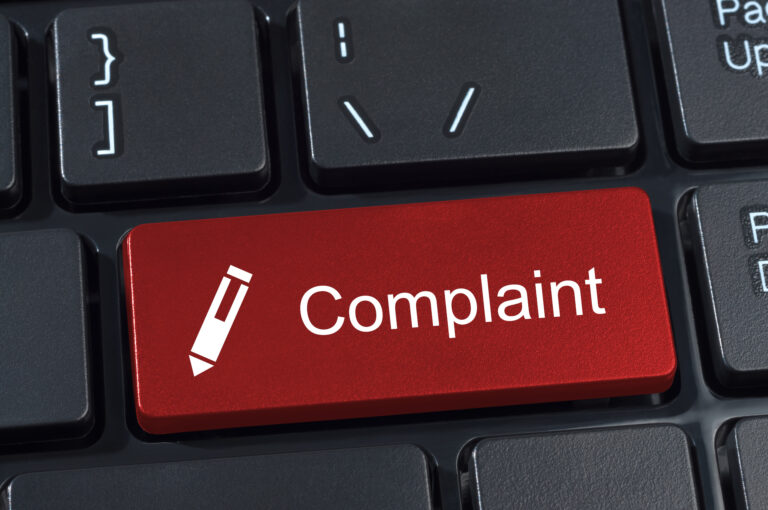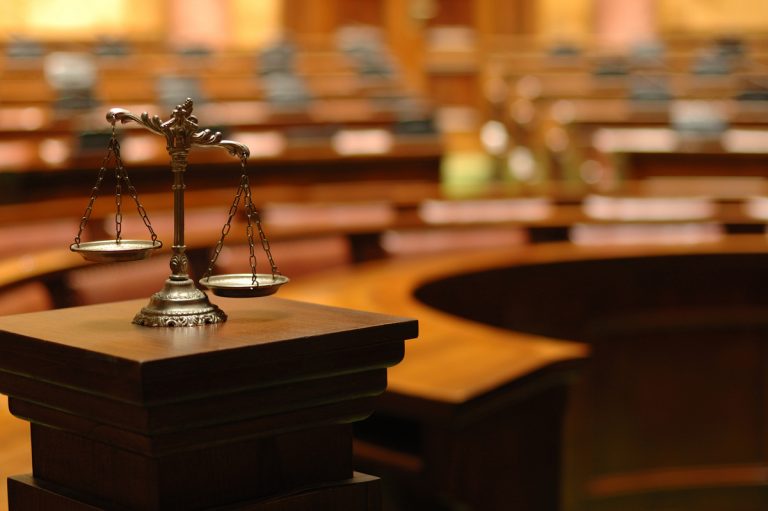The Political Rally Survival Guide: Five Things to Keep in Mind When Attending a Public Event
The Free Expression Foundation neither endorses nor condemns the rally scheduled to be held in Washington, DC, on September 18. Furthermore, we are not affiliated with any organization or individuals that are putting the event together. However, we believe strongly in the rights of all Americans to protest and seek redress from the government for grievances in a peaceful fashion.
Here is what we recommend people do or take into account if they plan on attending the rally on Saturday or future events of a similar nature. These suggestions are the same no matter where any such event takes place in the United States.
Please note this is not legal advice. The FEF is not a law firm. But we do have lawyers we call to help others deal with legal issues. This is a list of suggestions based on what we have learned in dealing with people who’ve attended events or protests to exercise their First Amendment Rights peacefully but ended up getting into a lot of trouble:
1. Have Important Phone Numbers Memorized
Every American family should have a family lawyer. We recommend you memorize the most important phone numbers you can if you are taken into custody. You will be given the opportunity to make a phone call at some point, although it often doesn’t happen for a while if the police are busy with other things. It’s essential to have a lawyer’s phone number memorized because you are certainly not going to be given access to your cell phone or your personal property.
Another thing to consider is a clear, legible directory placed on the refrigerator at home. The kitchen is the center of an American household, and having a list of significant phone numbers in a neat and orderly fashion attached to the upper corner of the refrigerator within easy view of everyone could end up meaning the difference between prison and freedom.
Among the numbers listed, there should be an attorney. Other relevant numbers include other household members, relatives, business associates, and even the family doctor and the local pharmacist. But when it comes to what’s happening this coming Saturday or at other events in the future, if anything goes wrong, the family attorney must be notified. Even if your attorney is not a specialist in dealing with criminal charges, the attorney would likely know someone who is. All attorneys have a rudimentary understanding of most branches of the law, including criminal proceedings. And remember: Have the number of a person who has access to the refrigerator directory memorized.
2. Food, Liquids, and Restroom Facilities
Some of the hallmarks of the January 6 event were no food trucks, no vendors selling drinks, and no port-a-potties in the central Washington, DC area. This was extraordinary given the way rallies are traditionally held in the nation’s capital — regardless of the event or who is attending it. There is no way of knowing if this will be the case again. But it is strongly recommended that you carry a reasonable supply of nourishment and liquids. Also, keep in mind you may not have easy access to toilet facilities. How you deal with that, however, is going to be up to you.
3. Don’t Talk to Strangers
There are many cases of entrapment that result from people being approached at events like this — especially on January 6 — and being enticed to do something they otherwise would not do. Be very careful with whom you speak. On January 6, many police informants and FBI operatives were in the crowd, apparently trying to get people to do things that got them in trouble. Do not fall for that. Remember that when humans are in a large group, they don’t think as individuals. So it is very easy to get caught up in the emotions of the moment and throw rational thought out the window. Be courteous with anyone you meet, but don’t automatically trust them.
4. No Weapons of Any Kind
Don’t even think of bringing anything to a political rally or similar event that law enforcement could consider a weapon. DC has stringent laws in this regard. And if you bring weapons of any kind into the city – even those that may be regarded as legal in DC most of the time – it could end up making your stay very complicated if police decide to make an issue of it. Also, don’t be clever when it comes to hidden weapons of the kind you pick up at flea markets and martial arts shops. Law enforcement does not give any quarter to people with a weapon that could be used to cause harm or death.
5. Don’t Get in the Way of Law Enforcement
Don’t confront the police or law enforcement. They are in charge, and they have the upper hand. Challenging them or facing them down does not work. If you are given instructions to go someplace, go someplace. If you are told to leave someplace, leave someplace. And by all means, don’t do anything that could be considered aggressive or inflammatory. Remember that nobody ever talks themselves out of jail — especially when it comes to a large public protest. So be there, exercise your First Amendment rights, but be peaceful and orderly.
And never forget: Your First Amendment Rights — your Rights as an American — are NOT NEGOTIABLE. So exercise them peacefully and without fear. It’s your birthright. And don’t anyone, let alone anyone in the government, tell you otherwise.
If you found this information useful, please consider making a small tax-deductible donation to the FEF. Every dollar counts in our fight to keep Free Expression free. Click the DONATE button at the top right corner of this page, and thank you!
*** IMPORTANT DISCLAIMER***Information herein and throughout this website is for educational purposes only and does not constitute legal advice directed towards individuals, groups, or organizations.FEF does maintain relationships with lawyers, law firms, and other experts throughout the United States and can help direct people towards such resources and, to an extent, serve in an advisory capacity. But the FEF is not, in any way, a law firm or legal partnership.
The FEF recommends that legal advice should always be obtained by a qualified attorney licensed to practice law in the relevant jurisdiction.




